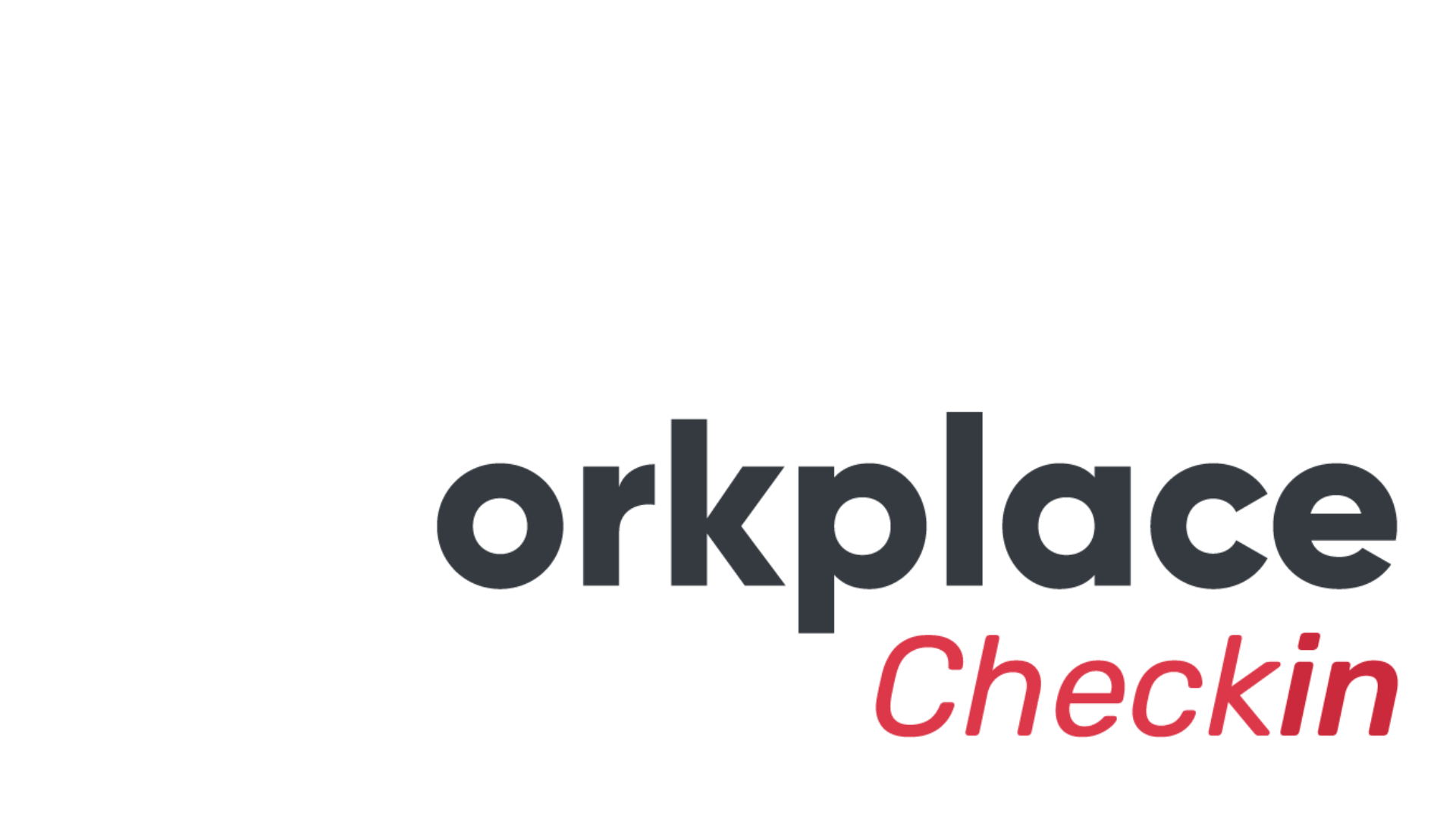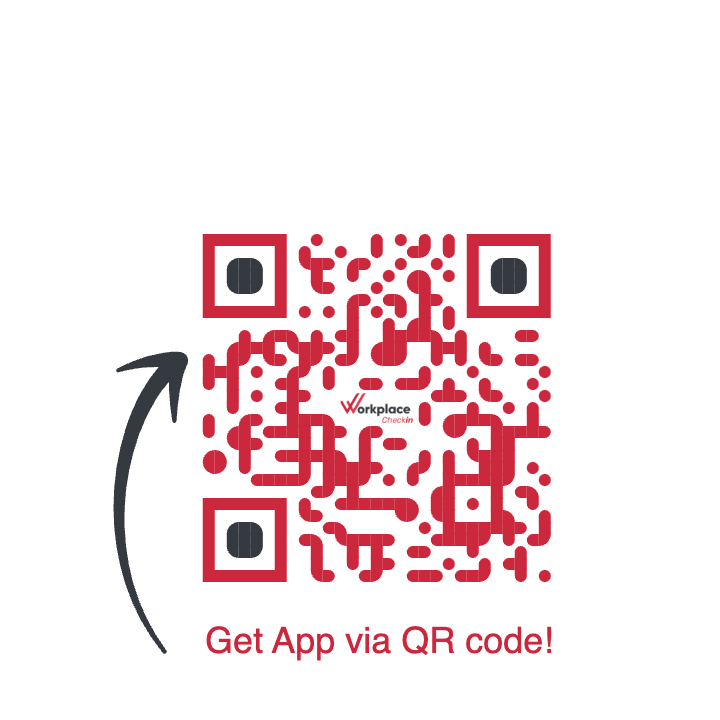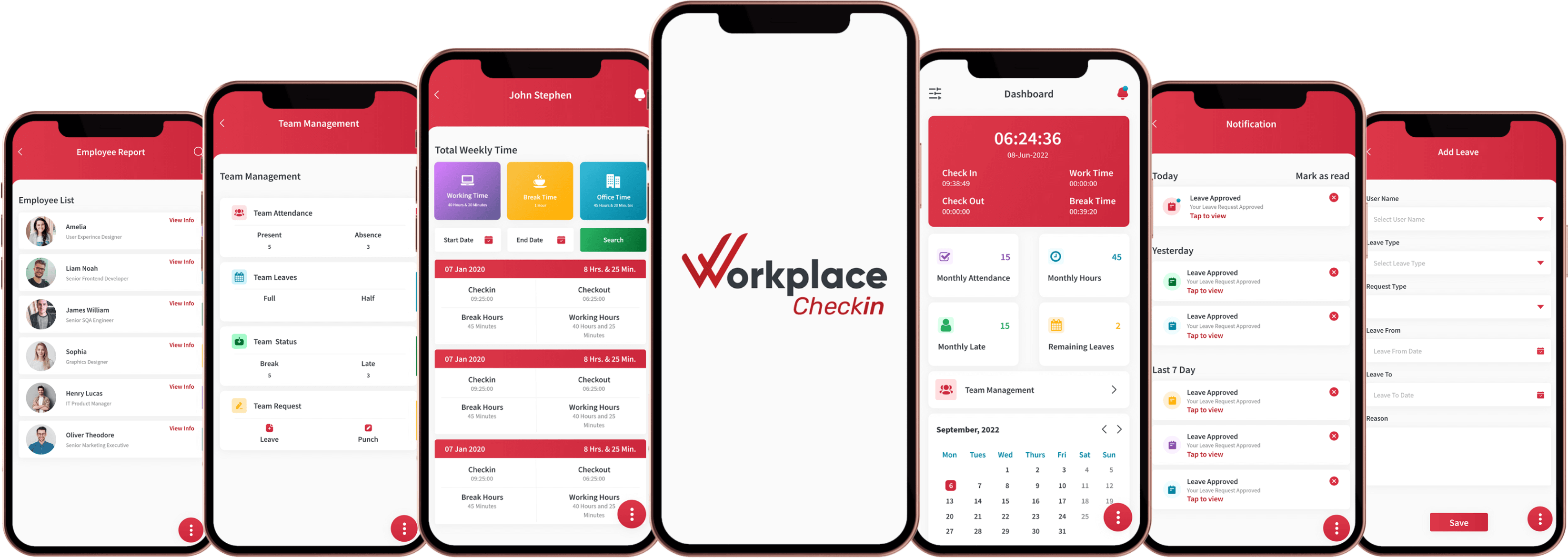

Inclusivity in Hiring: Strategies for a Diverse Workforce
Imagine walking into a bustling office, each cubicle a vibrant tapestry of experiences, backgrounds, and perspectives. That's the dream for companies embracing inclusivity in hiring. In a world that thrives on diversity, it's not just a moral imperative; it's a strategic move for business success. Let's dive into the dynamic realm of inclusive hiring and explore some innovative approaches that are reshaping the workforce landscape.
The Power of Storytelling in Recruitment
Stories have a unique way of resonating with people. Real-life examples from companies that have championed diversity can serve as guiding lights. Take Microsoft, for instance. In recent years, they transformed their hiring process, focusing not only on skills but also on the candidate's unique narrative. By doing so, they've not only increased diversity but also fostered an inclusive culture that values individuality.
Statistics Speak Louder Than Words
To make a compelling case for inclusivity, let's turn to the numbers. According to a McKinsey report, companies in the top quartile for ethnic and cultural diversity are 36% more likely to outperform their peers. Numbers like these underline the undeniable link between diverse teams and business success. Sharing such statistics strategically throughout your blog adds credibility and reinforces the importance of inclusive hiring practices.
Breaking Down Bias: The AI Revolution
Unconscious biases can be stumbling blocks in the path to inclusivity. Tech giants like Google are turning to artificial intelligence (AI) to break down these barriers. By utilizing AI-driven tools in the hiring process, they've reduced bias and opened doors to a wider range of talents. It's not about replacing humans but augmenting their capabilities to make fair and informed decisions.

Holistic Recruitment: Beyond Resumes and Interviews
Inclusive hiring goes beyond scanning resumes and conducting interviews. Companies like IBM are adopting a holistic approach, considering factors such as a candidate's potential, skills, and experiences. By doing away with rigid requirements, they've broadened their talent pool and discovered exceptional individuals who might have been overlooked in traditional hiring processes.
In landscape of talent acquisition, companies are embracing a paradigm shift with holistic recruitment strategies that transcend traditional evaluation methods. This approach recognizes that resumes and interviews provide only a partial view of a candidate's potential, prompting a reevaluation of how organizations identify and select talent.
Rethinking Traditional Parameters
Breaking Away from Rigid Requirements
Holistic recruitment challenges the conventional emphasis on specific qualifications by moving away from rigid requirements. Instead of fixating on a checklist of skills, recruiters explore a candidate's potential beyond predefined criteria, opening doors to a more diverse talent pool.
The Role of Soft Skills and Cultural Fit
Beyond Technical Competence
Holistic recruitment places a spotlight on soft skills, cultural fit, and adaptability. Recognizing that technical competence is just one facet of a candidate's capabilities, this approach considers how well an individual aligns with the company culture and their ability to collaborate effectively within diverse teams.
Embracing a Growth Mindset
Nurturing Potential for Ongoing Development
Unlike traditional hiring that often focuses on immediate needs, holistic recruitment adopts a forward-looking perspective. Companies like IBM are leading the way by identifying candidates not just for their current skills but for their potential for ongoing growth and development within the organization.
Diversifying Perspectives for Innovation
Uncovering Hidden Talents
One of the key benefits of holistic recruitment is the ability to uncover hidden talents. By broadening the evaluation criteria, organizations create space for individuals with unique experiences and perspectives that might have been overlooked in a more conventional hiring process.
Fostering a Collaborative and Inclusive Environment
Contributors to Organizational Narrative
Holistic recruitment extends beyond filling positions; it seeks individuals who can contribute to the broader narrative of the company's success. This approach fosters a collaborative and inclusive environment where employees are valued not just for their skills but for their potential to shape the organization's future.
Elevating Talent Acquisition to a Strategic Imperative
As companies navigate the evolving demands of the business landscape, holistic recruitment emerges as a strategic imperative. By challenging traditional norms and embracing a more comprehensive evaluation of candidates, organizations position themselves to build agile, diverse, and high-performing teams capable of thriving in an ever-changing world.
Internship Programs as a Gateway to Diversity
Internship programs are proving to be powerful gateways to diverse talent. Companies like Facebook have established initiatives targeting underrepresented groups in tech. By providing opportunities for skill development and mentorship, they are not only fostering diversity from the ground up but also cultivating a pipeline for future leaders.
The Role of Employee Resource Groups
Employee Resource Groups (ERGs) are becoming indispensable in creating inclusive workplaces. Companies like Apple leverage ERGs to provide support, networking opportunities, and a sense of community. These groups become catalysts for change, influencing company policies and ensuring that diverse voices are heard at all levels.
Accessibility: Designing for Everyone
Inclusive hiring extends to creating an accessible workplace. Companies like Salesforce are setting the bar high by ensuring their digital platforms are accessible to all, including people with disabilities. This commitment to inclusivity creates an environment where everyone can contribute their best, regardless of physical or cognitive differences.
Measuring Success Through Diversity Metrics
To gauge the effectiveness of inclusive hiring strategies, tracking diversity metrics is crucial. Companies like Intel set diversity goals and regularly assess their progress. By making diversity a key performance indicator, organizations signal their commitment and hold themselves accountable for building truly inclusive teams.
In conclusion, inclusivity in hiring is not just a trend; it's a transformative journey for businesses. Real-life examples, backed by compelling statistics, highlight the impact of diversity on organizational success. By embracing innovative approaches like AI-driven recruitment, holistic assessments, internship programs, and ERGs, companies can weave a rich tapestry of talent that propels them towards excellence. As we move forward, let's not just hire for diversity; let's build cultures that celebrate it.






